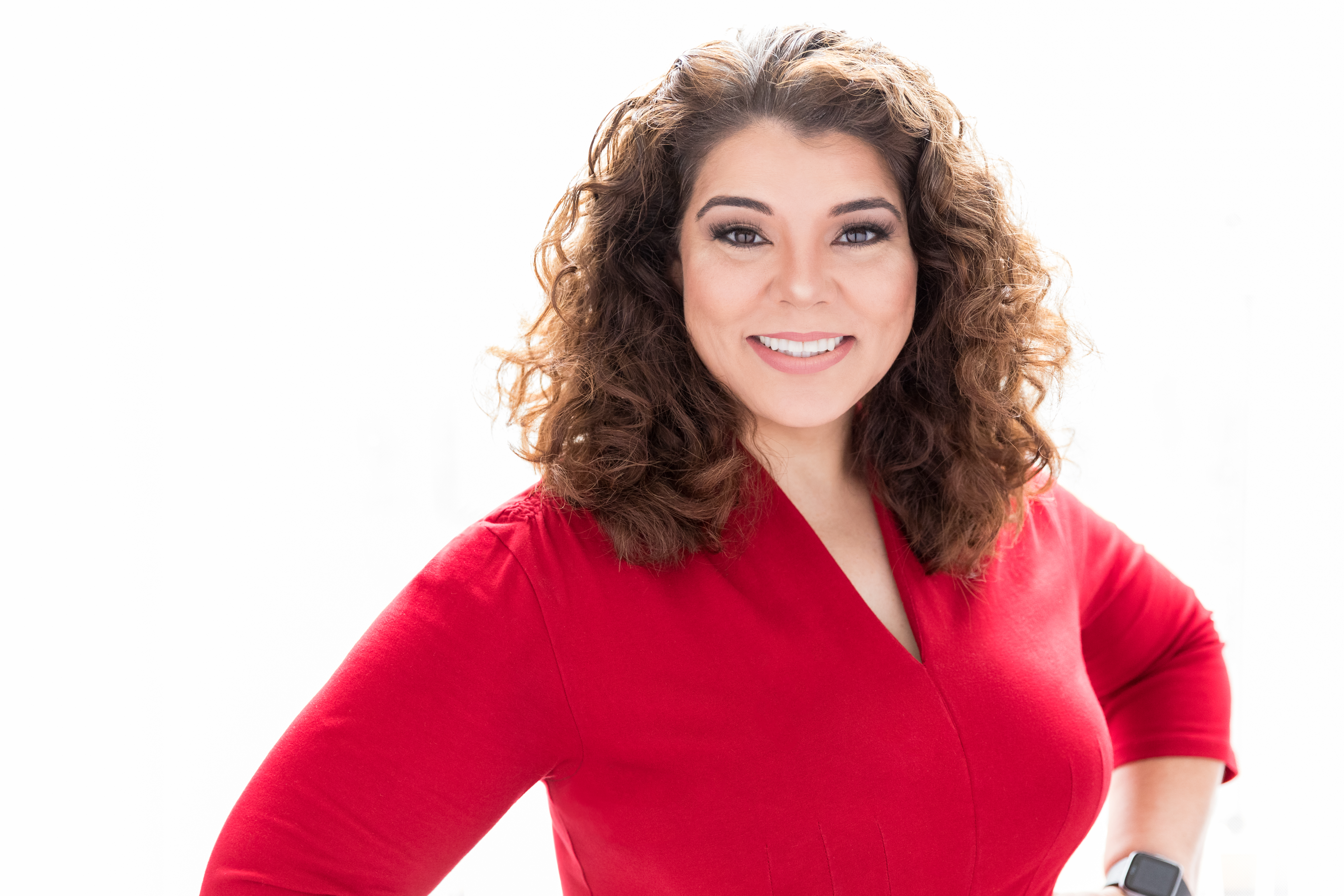My electrician says he loves YouTube because so many people watch videos, thinking that a 15-minute tutorial will prepare them to install a ceiling fan. Then, he gets an urgent call asking him to fix what’s been broken. He says YouTube is job security for trained electricians.
These days, it’s common for people to believe that the internet helps us all to become experts with a few clicks of the mouse. Research shows that having access to the web makes us think we’re smarter than we really are. It’s commonly referred to as the “omniscience bias” and it predates the internet, although having smartphones in our pockets at all times has made it much, much worse.
At this point, we often assume we can talk knowledgeably about anything if you just give is a minute or two to Google. it.
This assumption that we know everything we need to know in order to solve most problems has led to serious problems in politics. There’s a lot of disagreement on political issues these days and that’s to be expected. We’re politically polarized for a number of reasons. That means all kinds of issues that shouldn’t be political are now fractured down ideological lines, making it very difficult to solve them.
While that’s worrisome, it doesn’t surprise me or concern me the way the politicization of science does. We don’t trust our experts anymore and while skepticism is healthy, wholesale disbelief is simply bias masquerading as cleverness.
Climate change denial is a good example. There is a settled scientific opinion on climate change that’s backed up by research from many countries and a large number of institutions. On a matter like this, I would never consult a pundit or politician for their opinion on the science. It might be helpful in some instances to get their political and personal reactions, but I would never invite them to open a debate over facts.
And here’s why: my job requires me to consult experts in various fields. Now, there are several steps to that task. First, I have to verify the credentials of that expert and make sure they don’t have skin in the game. For example, if a scientist works for fossil fuel corporation or has invested in similar companies, I won’t ask them to comment on renewable energy, as their opinion may be swayed by financial interest.
If they are politically connected to fossil fuel industries in a verifiable way and have lobbied for those corporations, I also won’t use that person as an unbiased source. So, if a politician has a degree in biology, I can’t consult them on issues of science because there’s no reasonable expectation of objectivity. I assume their opinions are influenced by political views.
But here’s where journalists generally do it differently than many others: once we’ve found our experts, we believe them over ourselves. I am a very smart person with a couple advanced degrees, yet I would never in a million years assume that I know more about physics than Neil deGrasse Tyson because I’ve read some books and newspaper articles. That means that if I consult Hawking or any other objective scientific expert and they refute my previously-held opinion, I re-evaluate my thinking.
The same holds true for experts in many fields. It’s valuable to consult people’s views on all kinds of issues, and to allow a wide diversity of opinions to be heard, but we have to accept that someone who’s spent 20 years in a lab is better informed about chemistry than someone who hasn’t.
As a journalist, I would never pair a scientist with a pundit and ask them to “debate climate change.” If you want an in-depth discussion on the state of climate change in the world, bring in two scientists who’ve studied it and let them hash it out. THEN bring in your pundit to say, “I don’t believe in science.” I would also never consult a theologian about the Vatican and then bring in an atheist scientist to say it’s all hokum because there is no God. (I’m not implying that all scientists are atheists, but they are far more likely to be than the general public.)
What I often see on social media is a refusal to believe facts because people don’t agree with the facts, based on their gut reaction. I know it’s humbling to find out you’re wrong when you’ve been posting passionate rants on an issue for months, so instead of admitting error, people often say, “I don’t believe that” or “the source is biased.”
I have had to publicly admit I’m wrong on a number of occasions; I know it’s not pleasurable. But it is inevitable. You will be wrong sometimes and, in order to learn and become smarter, it’s important to both recognize and admit that some people know more than you do on complicated topics. I advise everyone to take the journalistic approach: find someone who knows more about an issue than you do, listen to them and then learn from them.
There are experts in this world. No matter how smart you are, you can’t be an authority in every field and at some point you’ll have to rely on someone else’s greater experience and knowledge. I don’t argue with my car mechanic, I just make sure I find a good one who’s honest and then I trust him or her. The same is true for doctors and lawyers and plumbers and accountants and scientists.
Any good journalist will tell you: it’s all about finding good sources. But once you’ve found them, be prepared to hear things you don’t agree with. That’s part of what makes them “good.”

